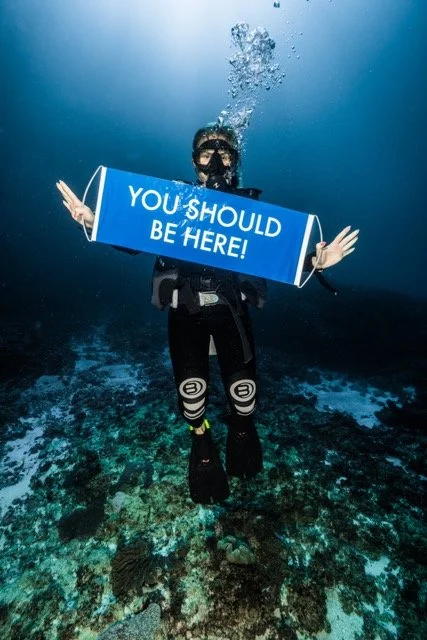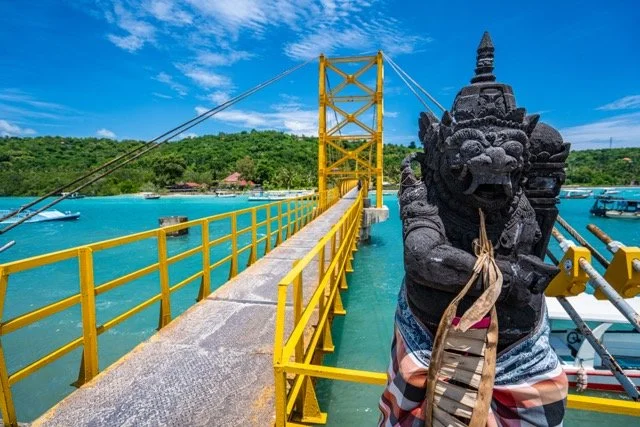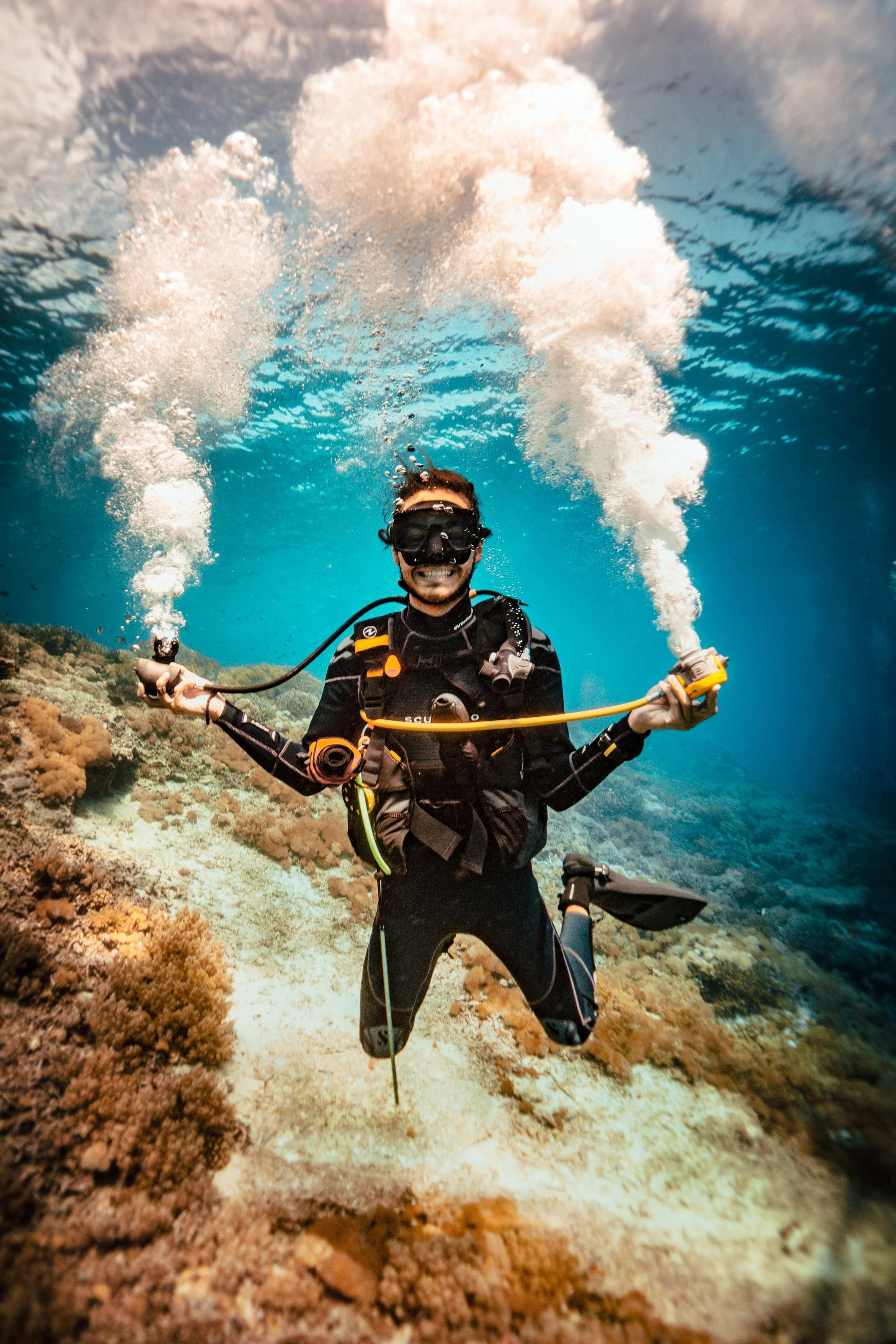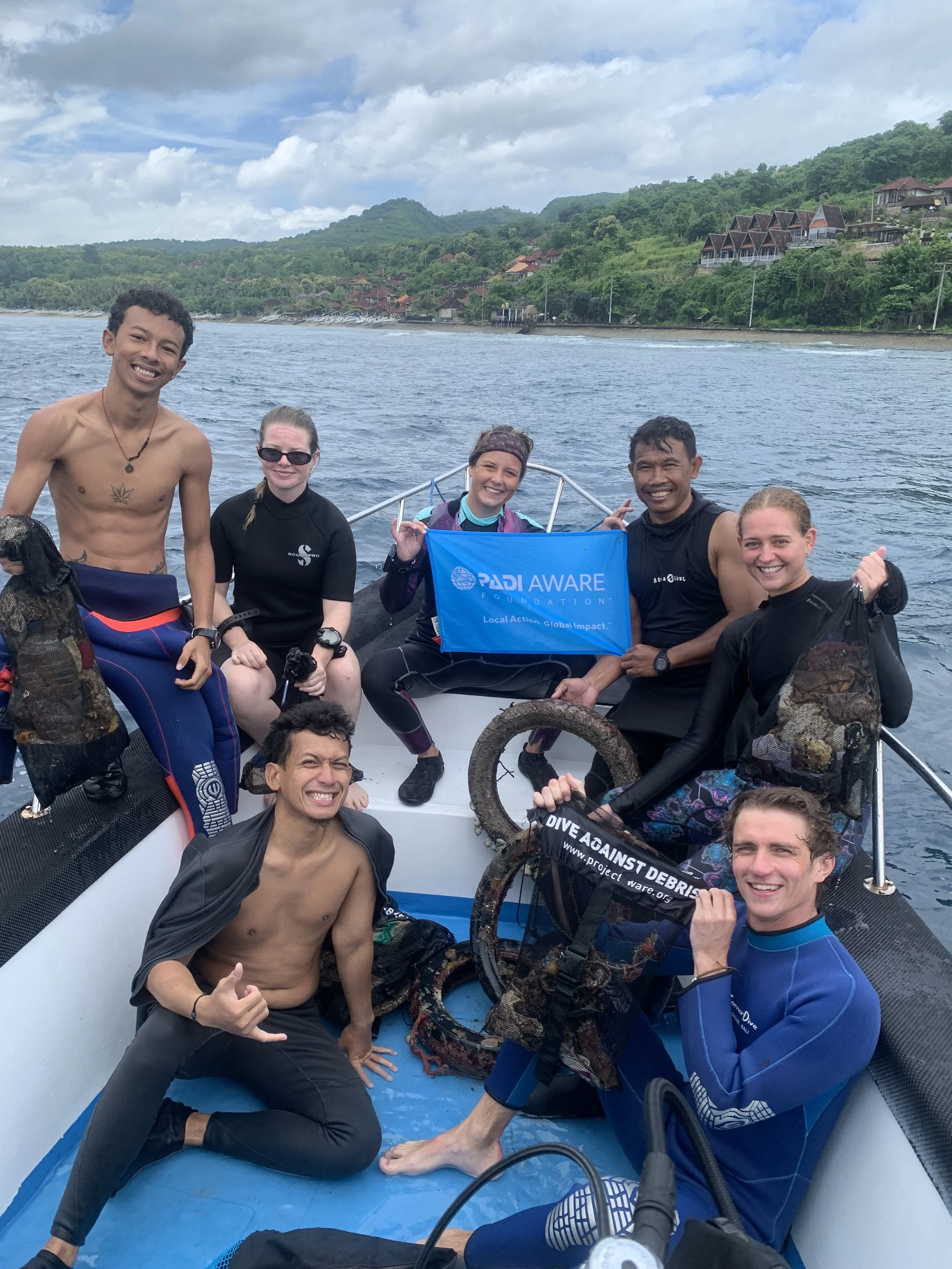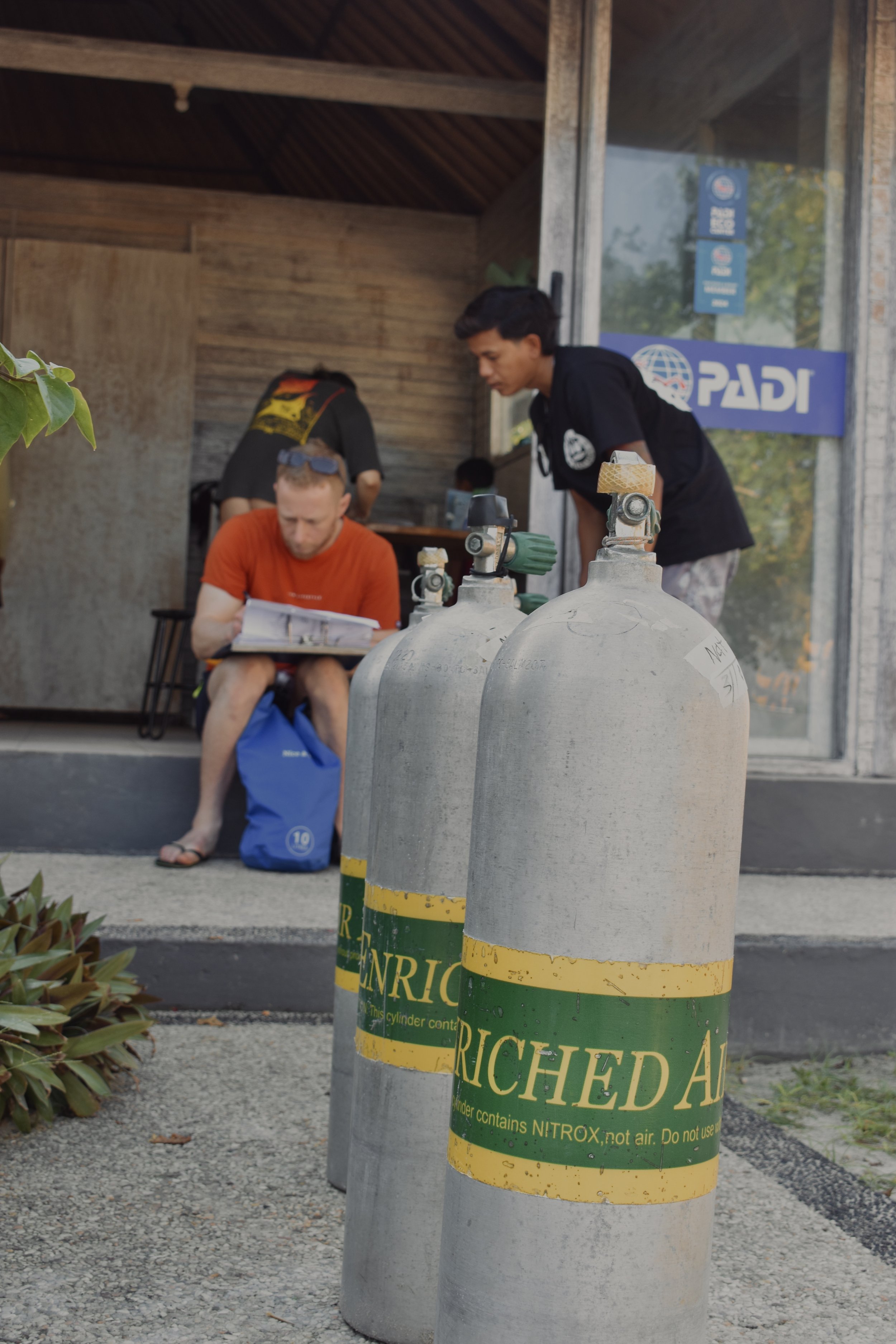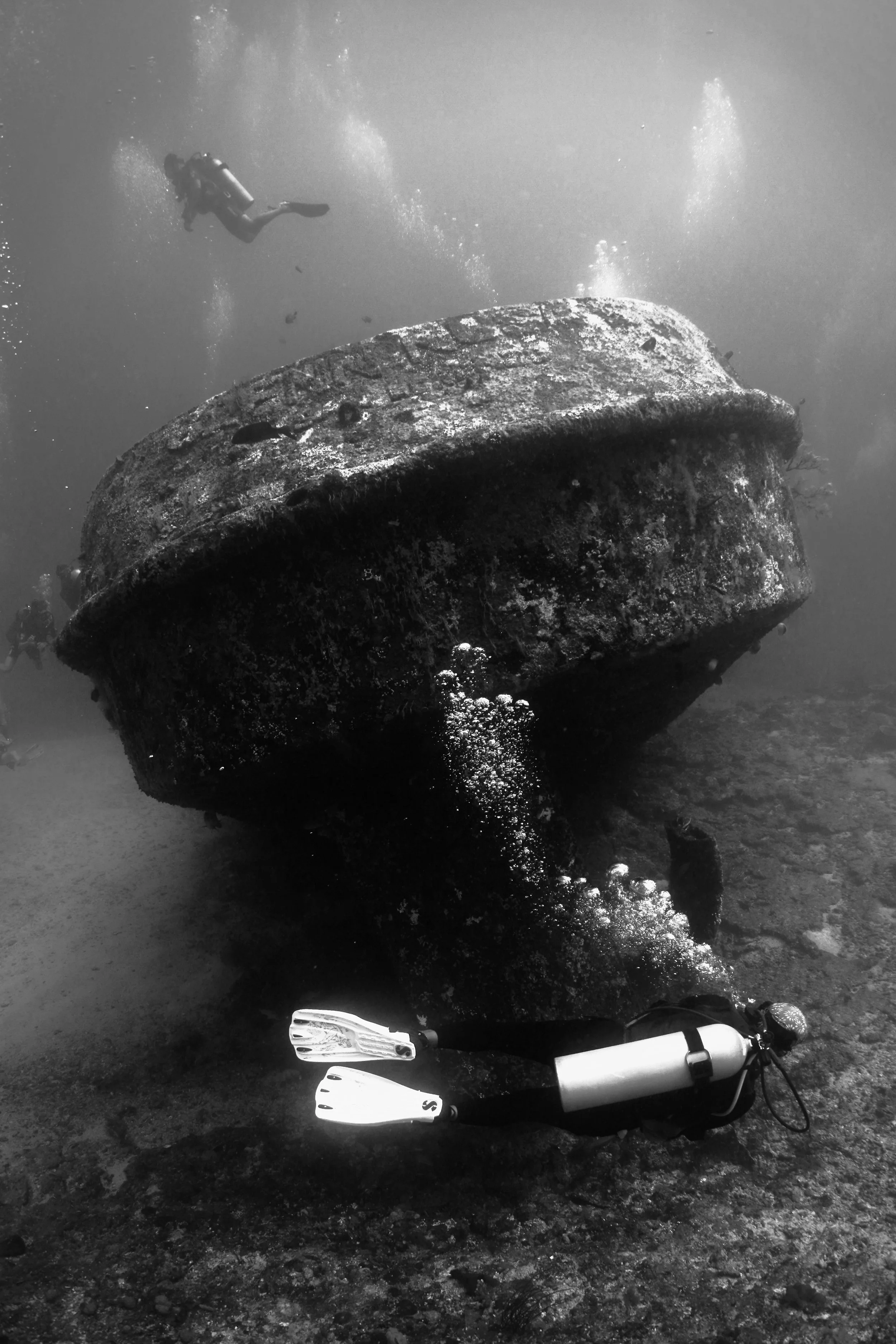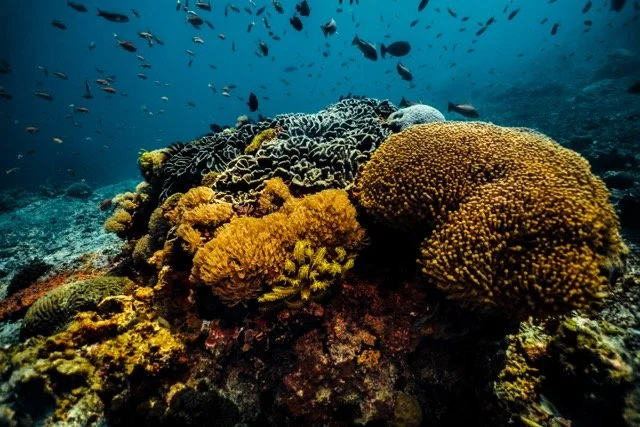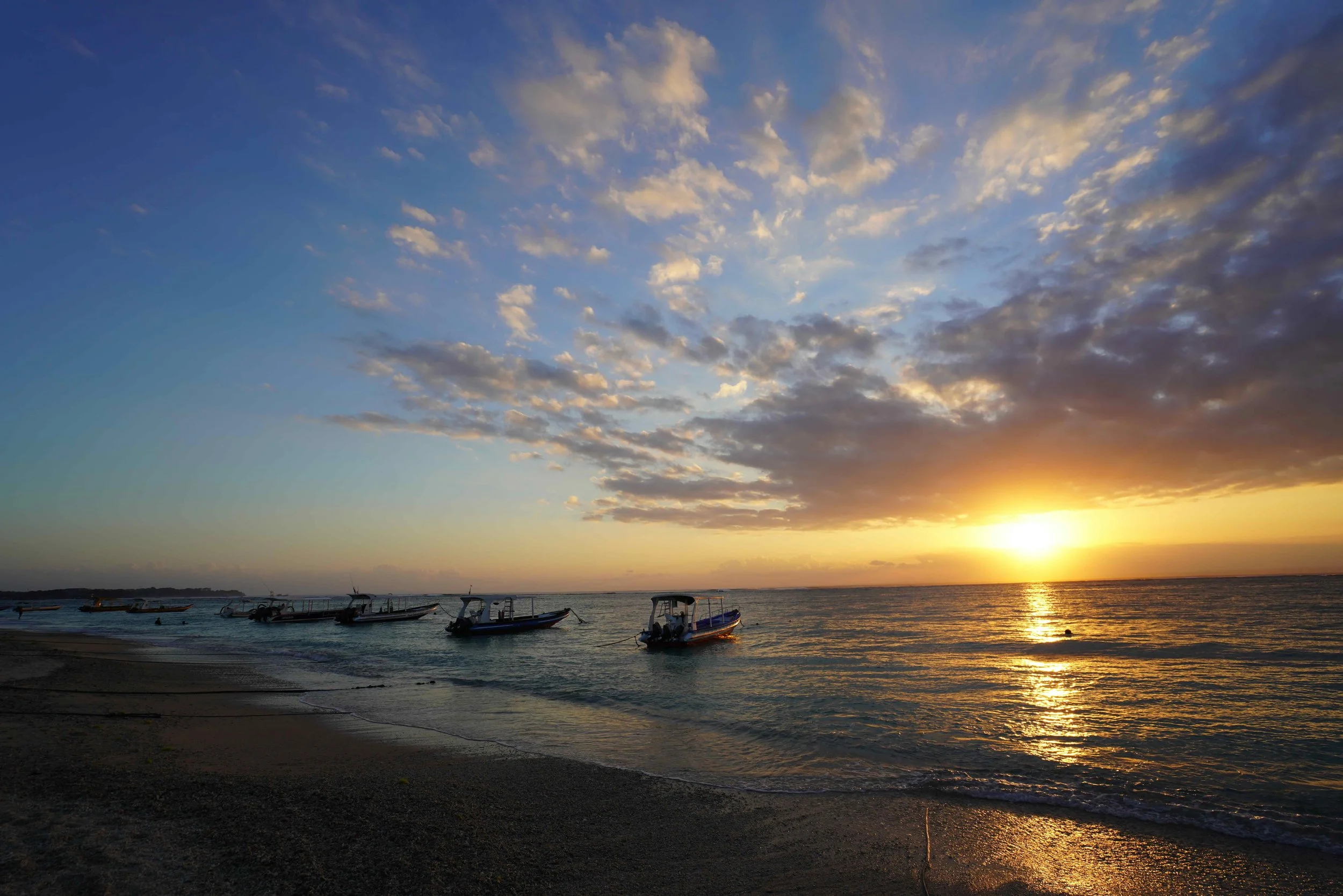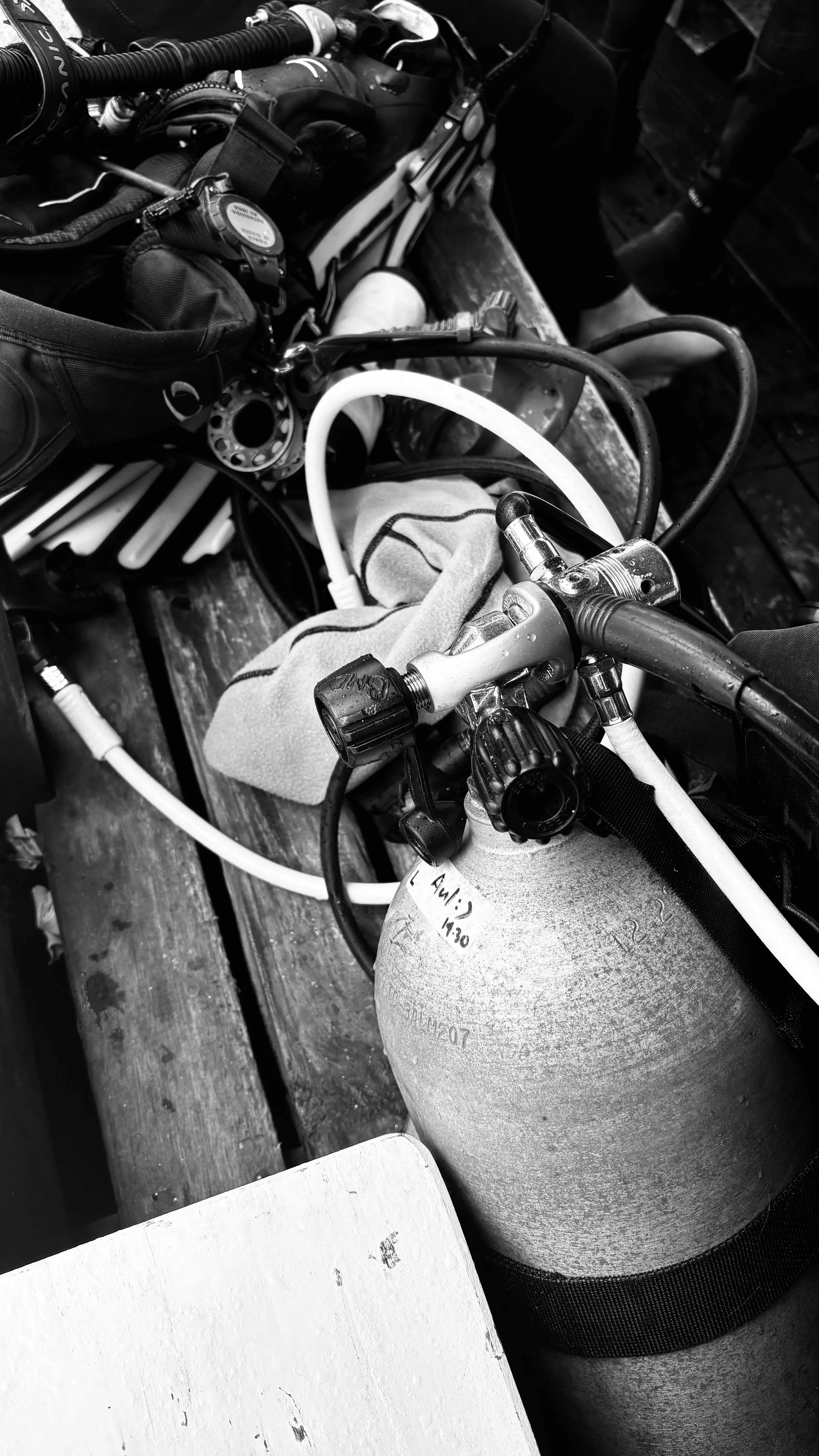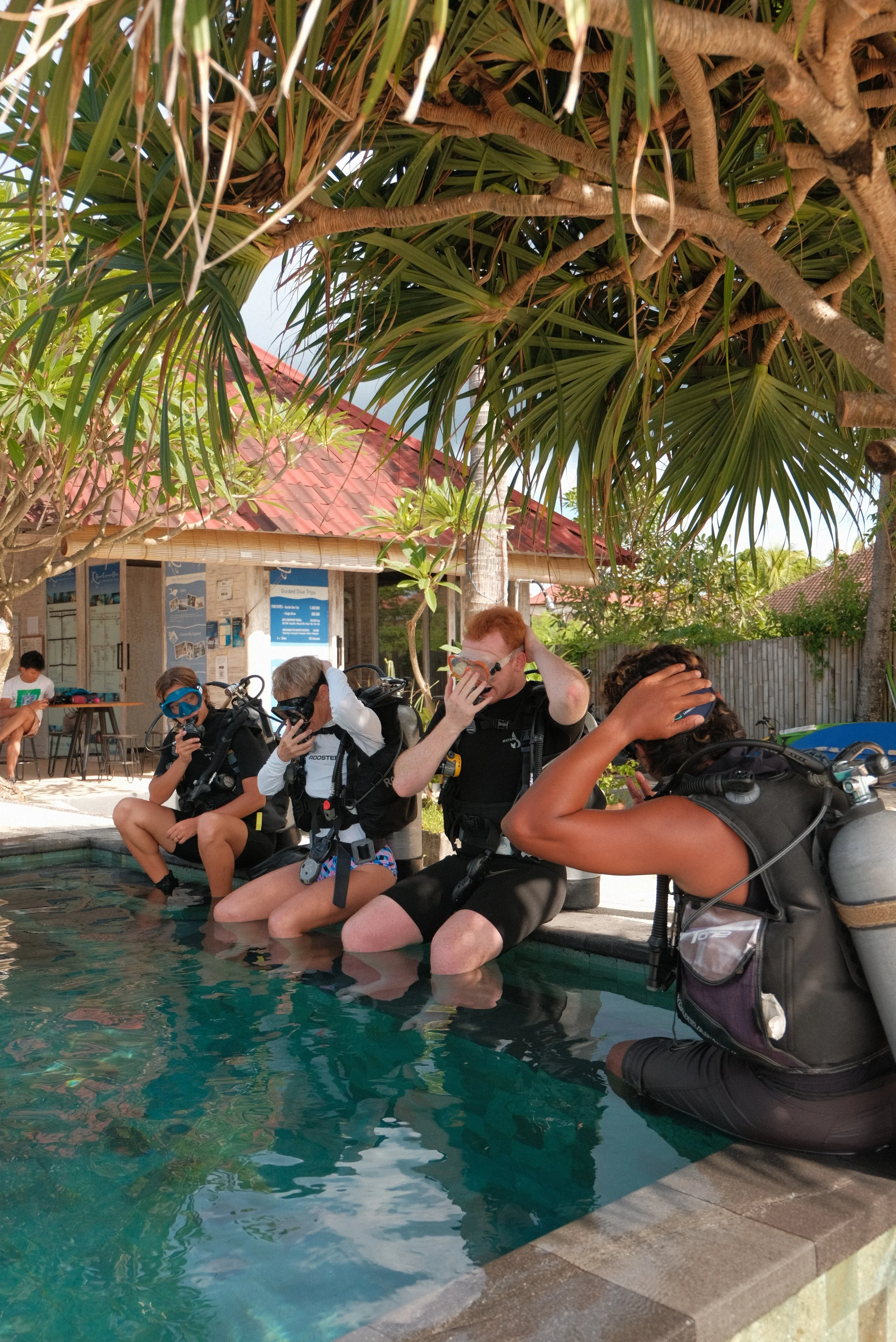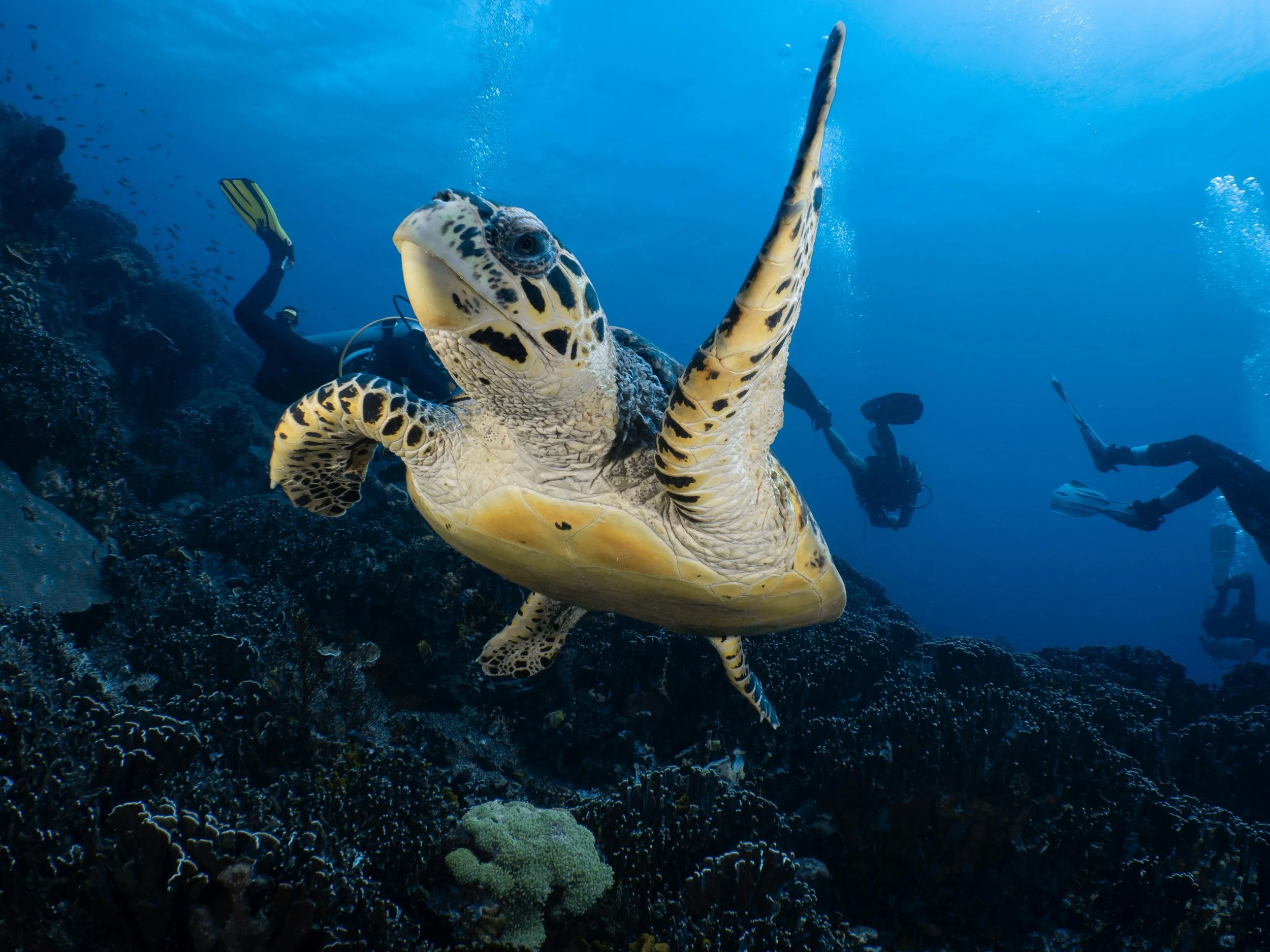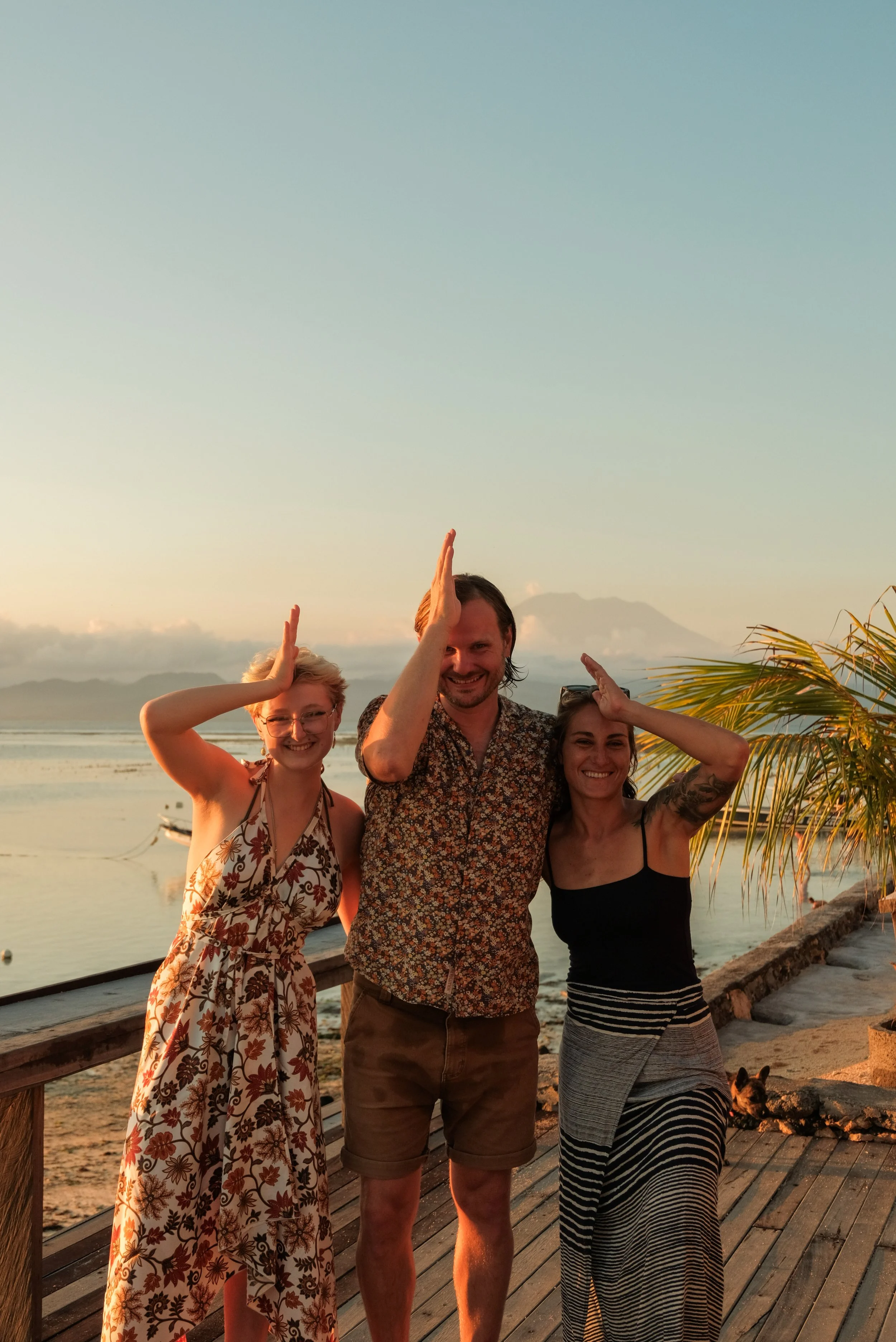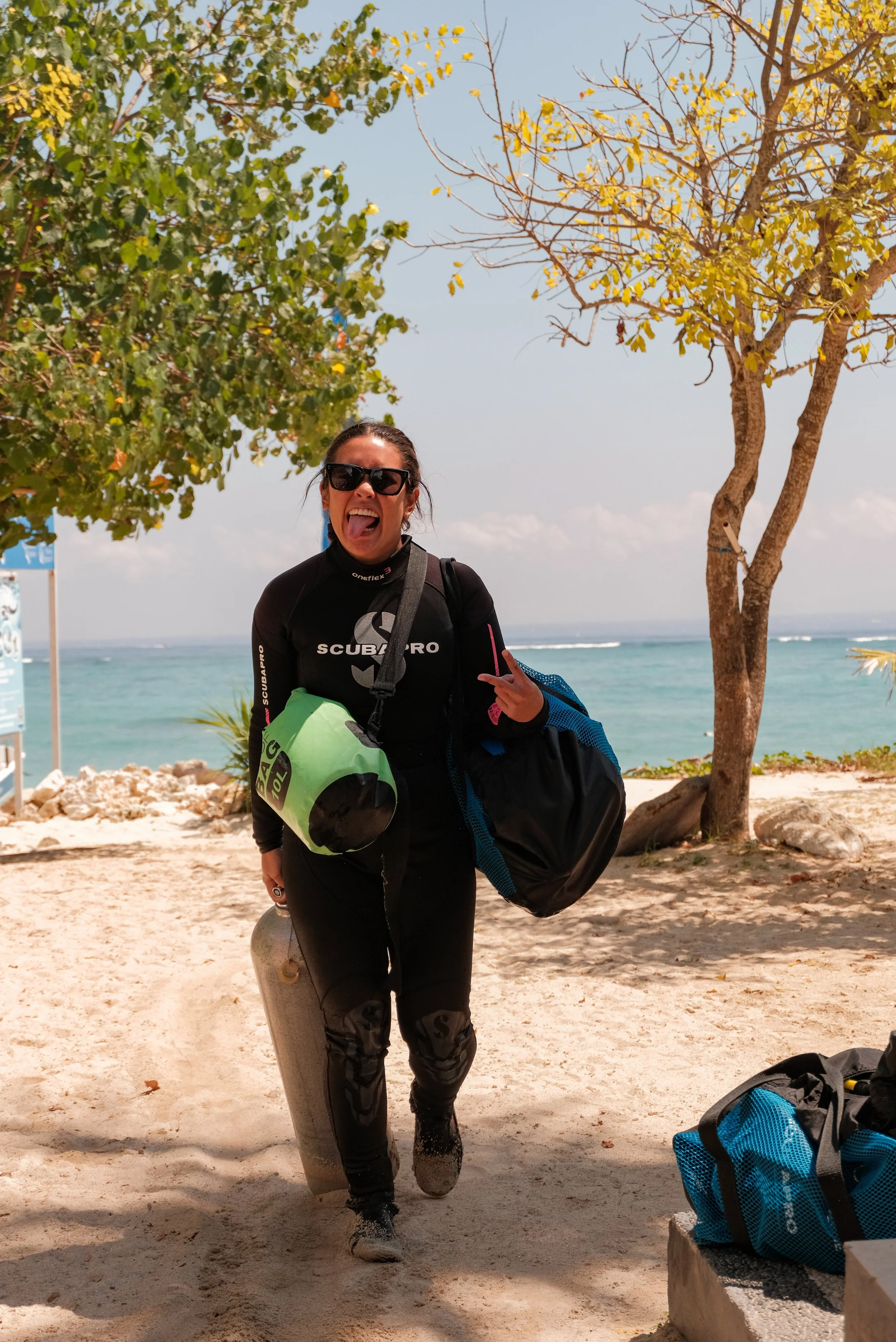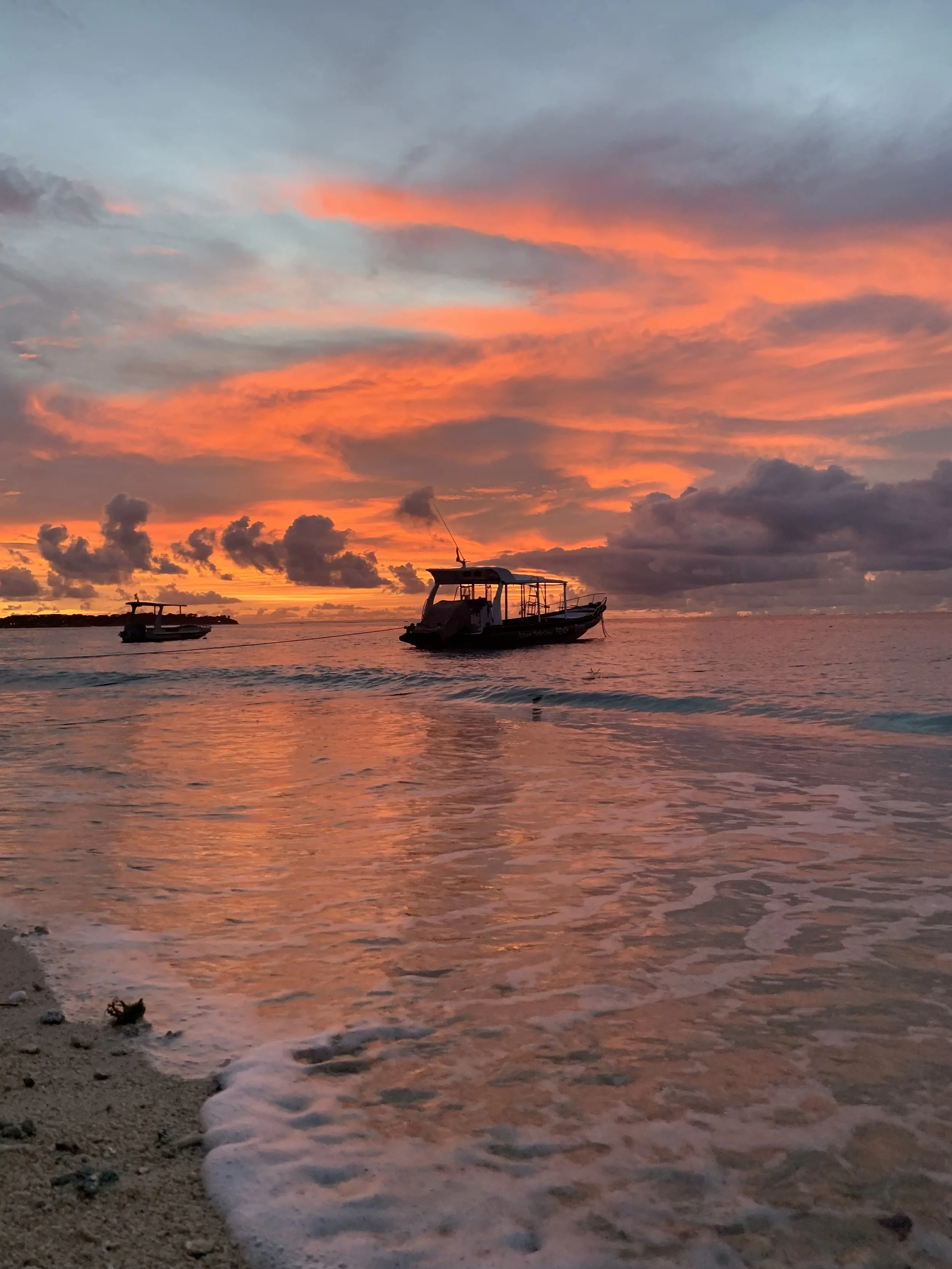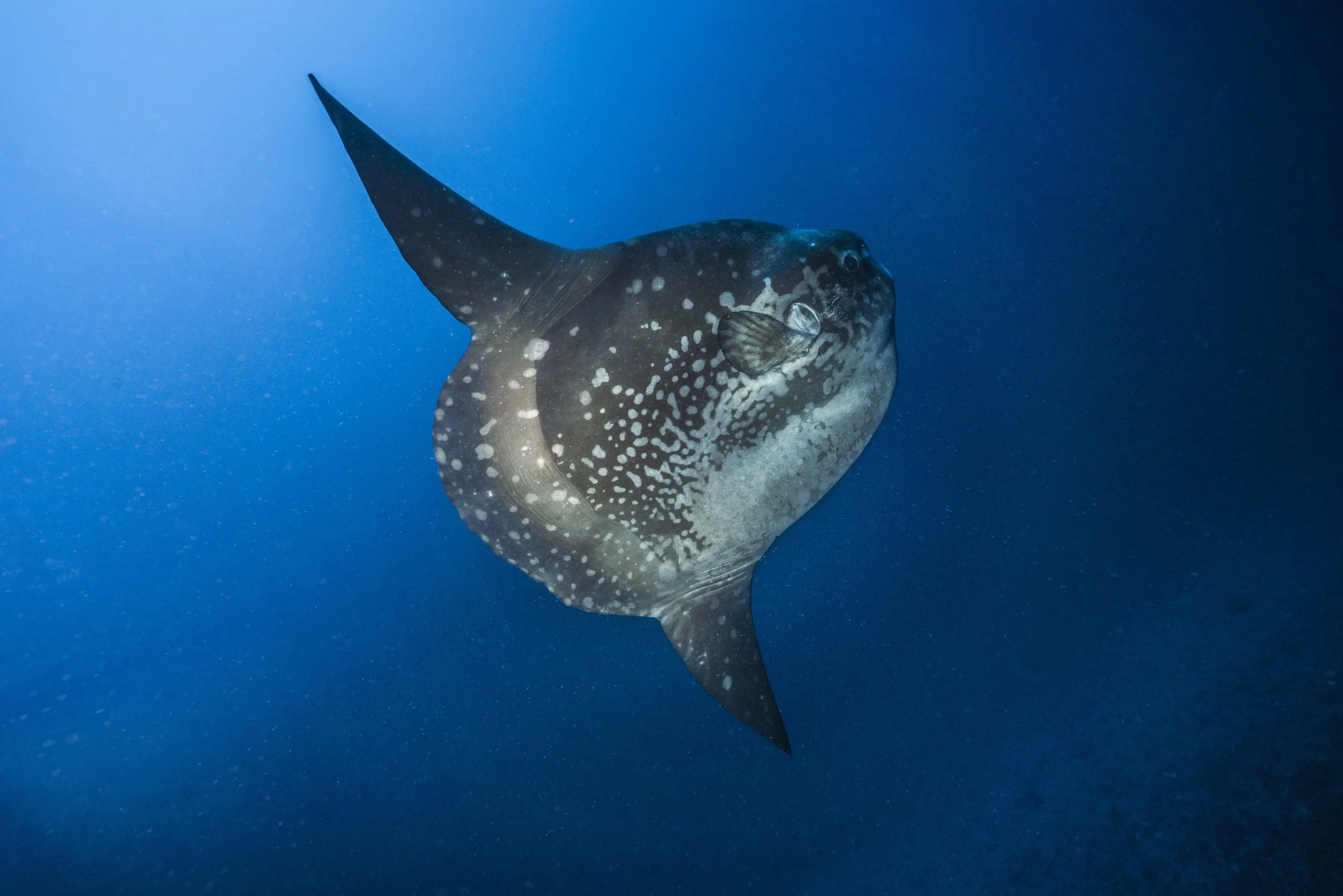Blue Corner Dive operates three dive centres in Bali. We began with our resort in Nusa Lembongan, where we became a PADI 5 Star Career Development Centre — the highest rating within the PADI system. We are also a recognised conservation centre with reef-restoration projects and courses based on validated science and techniques, led by our experienced in-house marine biologists.
Read MoreThe island most people never see Low season in Lembongan runs roughly from November to April, and it changes the vibe in the best way. Things slow down, the crowds thin out, and the island starts to feel like an actual place again, not just a holiday hotspot. It is quieter, easier, and far more relaxed. Once you experience it, it is hard not to prefer it.
Read MoreIf current makes your breathing spike, you are not alone. It happens to a lot of beginner and intermediate divers, even when everything feels fine at the start of the dive.
One minute you are cruising. Then the water starts moving, your breathing speeds up, and your air seems to disappear faster than expected.
This is not about fitness. It is about breathing habits, and those are much easier to change than most people think.
Read MoreChoosing five specialties sounds straightforward, right? Until you realise those five choices quietly decide how often you teach, what you teach, and how useful you are to a dive centre. This isn’t about collecting instructor ratings for the sake of it. It’s about building a set of specialties that actually get used. Here’s some advice on how to choose wisely.
Read MoreFact, fiction, and why every diver should be an Enriched Air diver Nitrox tends to get a strange reputation in recreational diving, and much of it comes from half understood conversations on boats and in dive centres. Even experienced divers sometimes see it as technical, risky, or something that lets you dive deeper. None of that really reflects how Nitrox is actually used in everyday recreational diving.
Read MoreWhile I’m fully embracing this Divemaster life, my passion for marine science remains strong. I’m still open to opportunities that combine diving with scientific research or conservation work, projects where I can contribute both my diving skills and my academic background.
Read MoreAfter receiving Blue Corner's PADI Women’s Day Scholarship, my journey has taken me to Gili Trawangan, where I’m currently working as a Divemaster. Every day here feels like a new chapter. Guiding dives, meeting amazing people from all over the world, and sharpening my skills both underwater and on land.
Read MoreWe recently spent several days diving with Blue Corner Dive on Nusa Lembongan and around Nusa Penida, and our overall impression is very favourable. Here are our thoughts based on three key criteria: safety & professionalism, dive experience & environment, and guest support & logistics.
Read MoreThe PADI Advanced Open Water course is where you build real diving confidence. You refine your buoyancy, expand your limits, and learn to dive with control in a range of conditions. If you want training that prepares you for diving anywhere in the world, Nusa Lembongan is the place.
Read MoreMy journey with the marine world has continued to evolve since completing the PWD BC programme, and today I would like to share a little about what has happened since then, where I am now, the valuable experiences I have gained, and how Padi Women's Day from Zero to Hero became the gateway to this extraordinary journey.
Read MoreEven in the dry season, tropical weather can surprise you. One minute it’s blazing sunshine, the next it’s a full downpour. It’s part of island life! And honestly, it’s not such a bad thing. The rain cools things down, keeps the island lush, and gives you a good reason to slow the pace. But it helps to be prepared. Whether you’re here for diving, relaxing, or just exploring, it’s smart to have a few rainy day options up your sleeve.
Here’s how to make the most of rainy days in Nusa Lembongan.
Read MoreGetting back in the water after some time away is exciting. But if it’s been six months or more since your last dive, we recommend a refresher. Even experienced divers can feel a little rusty after a break, and a quick session upfront makes your first dive back smooth, safe, and way more enjoyable.
The best part? A refresher is short, inexpensive, and packed with value. Spending a little time on it means you can dive straight into the fun, without worrying about the basics.
Read MoreOne of the best things about diving is how close it brings you to marine life. You’re not just watching nature from a distance, you’re in it. Floating over coral, cruising in the current beside turtles, or finning through schools of fish feels magical. But with that privilege comes responsibility. Coral reefs and marine ecosystems are fragile, and divers play a big role in protecting them.
Read MoreWhen a diver completes their Divemaster training and steps into the professional ranks, most people might expect a framed certificate or a handshake. In the dive industry, though, there’s a very different tradition: the infamous snorkel test. A drink poured through a snorkel, downed in one go, cheered on by a team of proud instructors and excited divers.
Welcome to the snorkel test.
Read MoreYou’ve got your swimsuit, flip-flops, and sunnies packed. Great start. But if you want your holiday to be truly stress-free, there are a few items people never think to bring until they’re already on the island. These are the little things that can make a big difference, whether you’re diving, snorkelling, or just soaking up the island vibes.
Read MoreAs divers, we’ve all seen it.
A plastic bottle wedged in the reef. A fishing line wrapped around a bommie. A single-use food wrapper drifting by on a drift dive.
It’s frustrating…but you’re not powerless. As a diver, you’re uniquely positioned to make a difference. And Dive Against Debris is one way to turn that frustration into action, and give back to the ocean.
Read MoreYou’re coming to the Nusa Islands and wondering: should I stay on Nusa Lembongan or Nusa Penida? The short answer: both islands share the same dive sites. What makes them different is the lifestyle and vibe you’ll get on land.
Read MoreExperience one of the ocean’s most awe-inspiring encounters by diving with Mola alexandrini, the giant ocean sunfish, in Nusa Penida Marine Park. This blog explores the best times and dive sites to see mola in Bali, tips for safe and responsible encounters, and why Blue Corner Dive is the top choice for sustainable scuba diving adventures in Indonesia.
Read More

